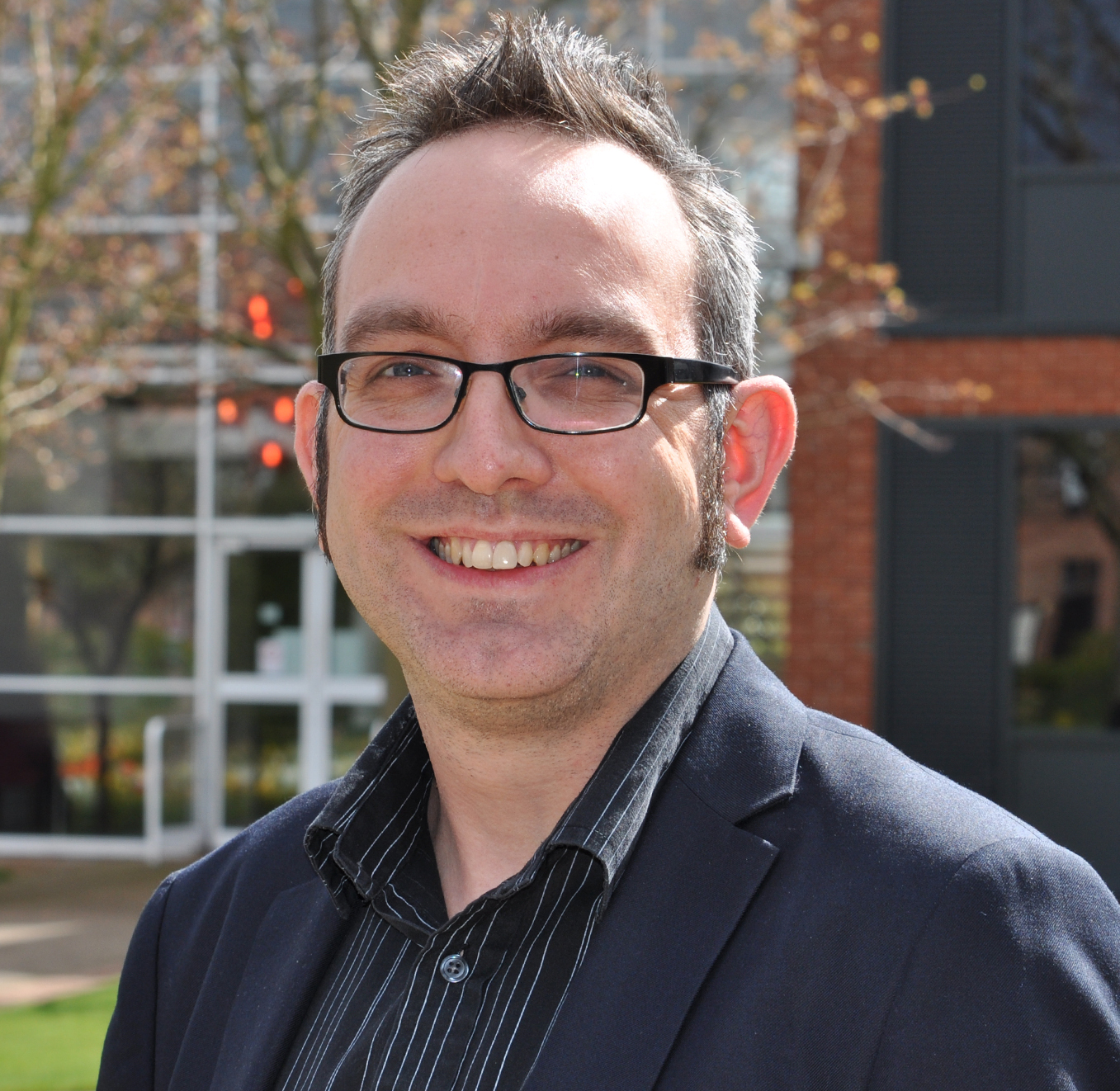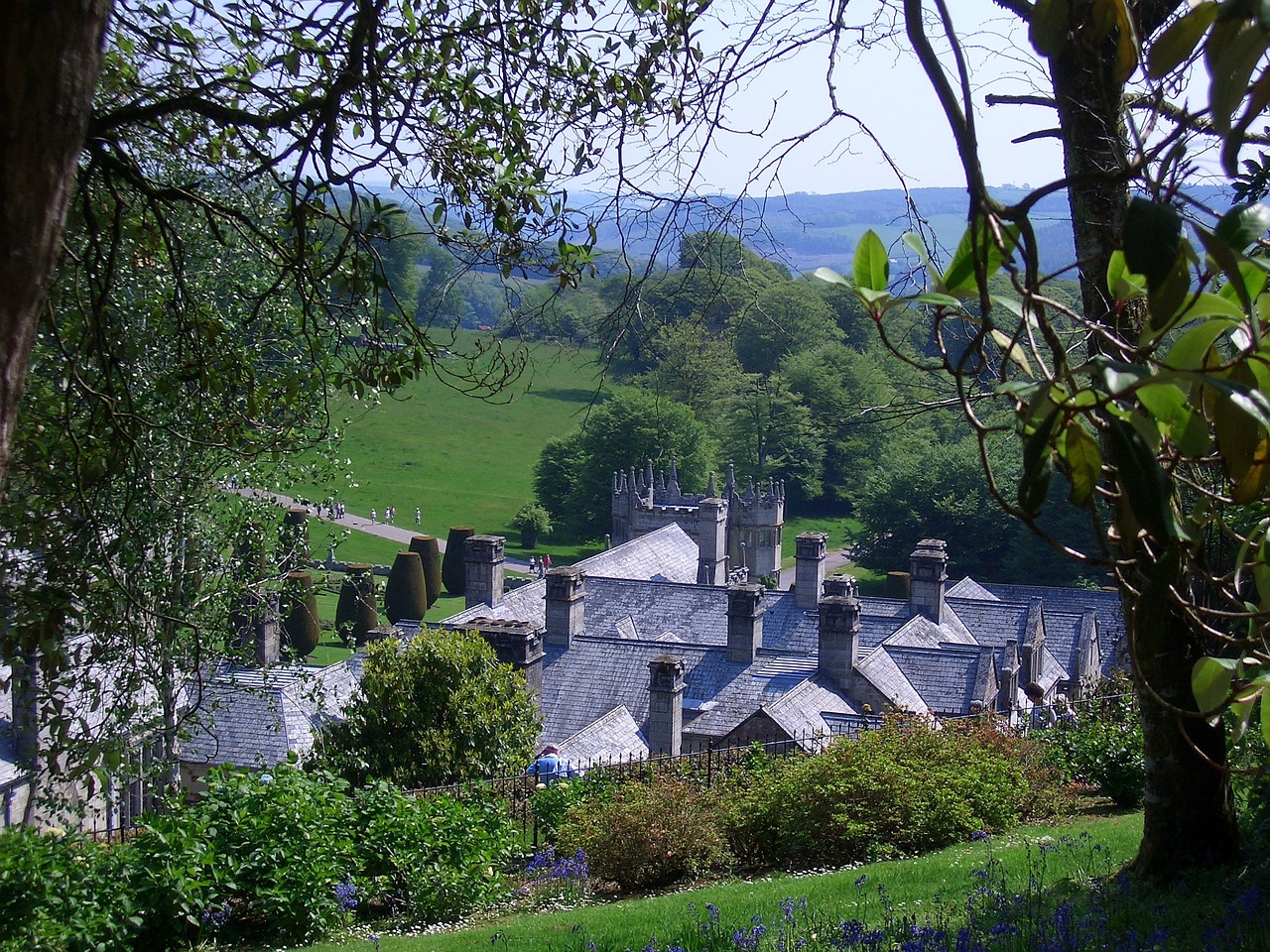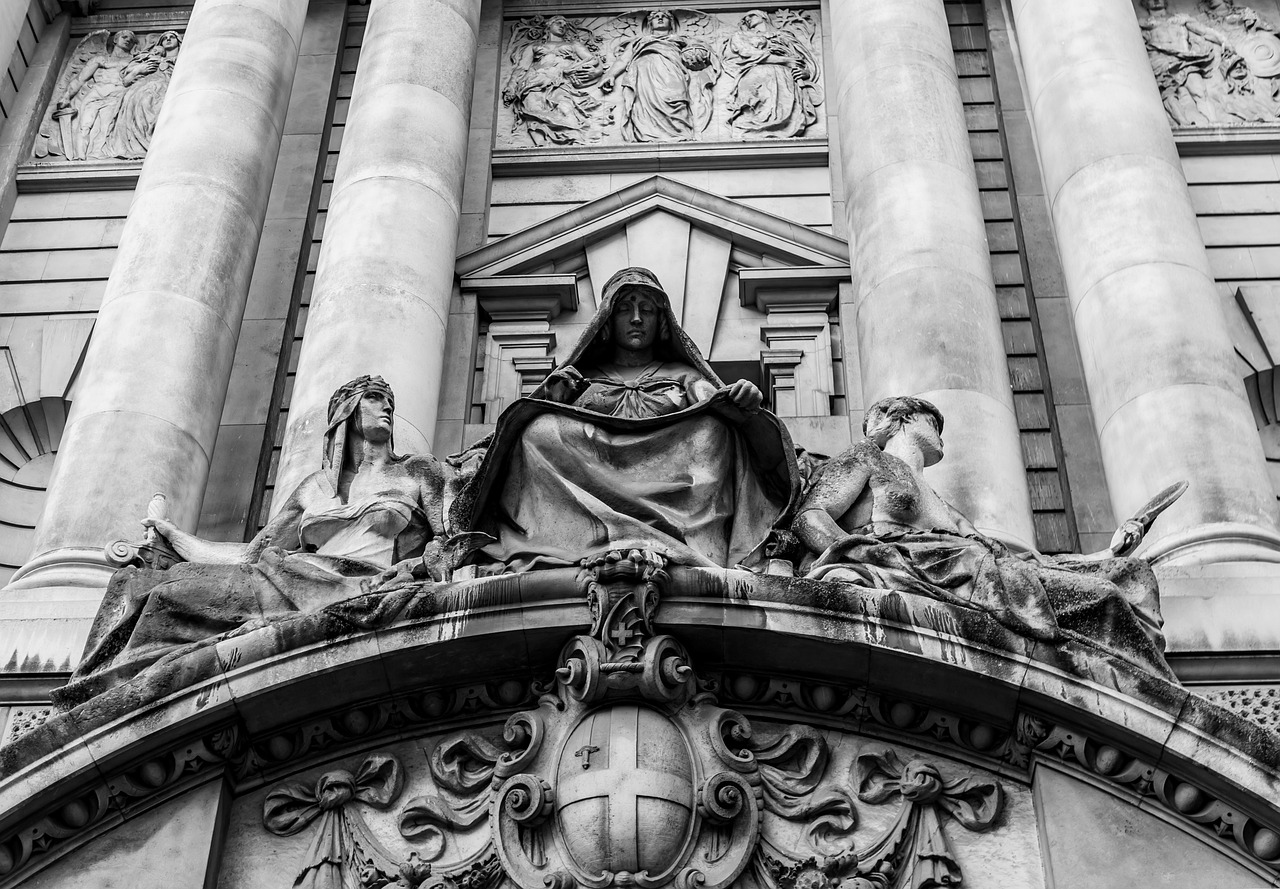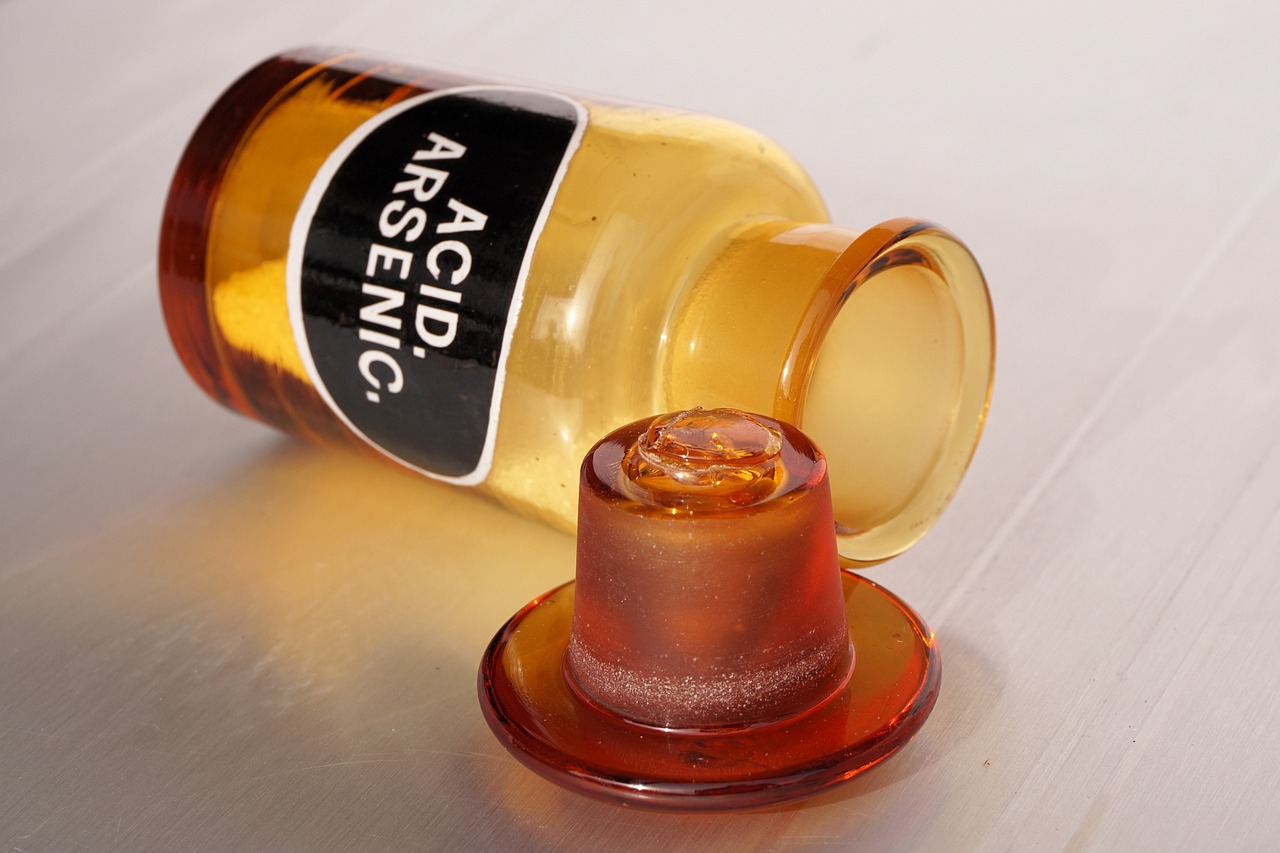The emotional last words of prisoners executed in Victorian England have been laid bare in new research from a team of respected criminologists.
The study, led by academics at Liverpool Hope University, combed through hundreds of newspaper accounts of public executions between 1840 and 1868, hoping to shed new light on the final moments of those condemned before they were led to the gallows to be hanged.
And from the ‘lewd’ wife murderer who heckled his executioner before exclaiming, ‘I likes this kind of fun!’, to the heartbreaking protestations of those who went to the gallows believing they were innocent, the quotes lift the lid on a macabre period in English history.
Dr John Walliss, Senior Lecturer in Criminology at Liverpool Hope University, says the aim of the research was to analyse a key period in the history of executions.

The years 1840 to 1868 came after the rolling-back of the so-called ‘Bloody Code’ throughout the 1830s. The ‘Code’ refers to a time when a range of somewhat ‘trivial’ crimes, such as stealing horses or pickpocketing, met with capital punishment.
Between 1840 to 1868, however, all those who went to the gallows had been convicted of either murder or attempted murder.
The year 1868 also marked the end of public executions in England, with capital punishment carried out exclusively inside prisons instead. Meanwhile the Death Penalty was effectively ended in England a century later in 1965 with the passing of the Murder (Abolition of Death Penalty) Act.
And Dr Walliss, who is also the author of book The Bloody Code in England and Wales, 1760-1830, says the new study highlights how the last words of prisoners are bound up in the ‘theatre of execution’ - even helping to emphasise the power and ‘justness’ of the state.
Yet not all prisoners stuck to the script…
He reveals: “Drawing on a sample of just over a hundred newspaper accounts of executions from the English provincial press, we show how, although the majority of those sentenced to death died penitent, admitting their guilt and dying as sinners, there was some deviation from this script.
“A number refused to play their part in the execution ritual, denying their guilt to the last and adopting the role of martyr rather than sinner.”
Dr Walliss says the fresh research also reveals how prison Chaplains were often central to the death sentence confessions, acting as ‘technicians of guilt’ - cajoling prisoners and ‘stage managing’ executions for maximum dramatic effect, before selling written accounts to newspapers for a healthy profit.
Here he outlines some of the last statements of prisoners - including speeches to fellow convicts and letters to family and friends - uttered between the trial and subsequent execution of those condemned:
Who: James Taylor, 39
Executed: 16th March 1841, Wiltshire
Crime: Murdering wife Hannah Taylor by shooting her with a gun
Taylor was a pig dealer from Tokenham, Wiltshire, who was executed outside Fisherton Anger Gaol for the murder of his wife, after she’d eloped with a railway worker named ‘Jack’. Hannah was shot dead while she was in the act of cleaning some carrots and potatoes.
Taylor denied his guilt, justified his own actions on the basis of his wife’s, and was said to be ‘blasphemous, lewd and insulting to the authorities’ during his trial.
He heckled workmen constructing the gallows as ‘lazy fellows’ for not arriving earlier and gave three ‘hurrahs!’ when they began their grim task.
He then told those gathered to watch him die: “I am very glad to see so many of you present - such a grand assemblage of people to see me hanged! And mind, if ever any of you go a robbing be sure and take a double-barrelled gun with you to murder all you can! I am glad that I killed my wife, and I don’t mind being hanged.”
Here the executioner drew the cap over his eyes, and the unhappy man resumed: “I don’t care for that, I can keep on talking. Oh! What a pleasant view – what a grand sight. I likes this kind of fun!”
Dr Walliss adds: “At this moment, the bolt was drawn, and he was launched into eternity.”

Who: James Holman, 27
Executed: 3rd April 1854, Cornwall
Crime: Murdering pregnant wife Crowan
Holman, 27, was hung at Bodmin Gaol, Cornwall, having been found guilty of the brutal murder of his pregnant wife, Crowan Holman, hitting her over the head with an iron.
But Holman professed his innocence until the very last moment.
He declared: “It is hard to die innocent. It is hard for a man to die for nothing!”
At the close of the Condemned Service on the Sunday preceding his execution, the chaplain again asked him: “Now, Holman, it is come to your last hour; are you innocent?”
To which he replied: “Yes, I am innocent, sir, it is hard to die for what one is not guilty of.”
Who: James Mullins, 58
Executed: 19th November 1860, London
Crime: Murdering wealthy widower Mary Emsley, 70
Odd job man Mullins, 58, was hanged outside Newgate Gaol, central London, for the murder of 70-year-old Mary Emsley. But Mullins was adamant he was the victim of a great miscarriage of justice.
In his final statement, given to the Alderman on the morning of his execution, he claimed that he had been convicted ‘through the most false and gross perjury that was ever given in a court of justice’, saying every word of the two witnesses for the prosecution were ‘totally false and untrue.’
Mullins added: “They swore their falsehoods against me in the hope of obtaining money, the produce of my blood…[the two witnesses]…have caused my poor wife to be made a widow, and my poor children fatherless”.
Concluding his speech, he reiterated in no uncertain terms that he made “…this statement in order to let the public know that my life has been taken away by the most gross and most false-swearing evidence that was ever given in a court of justice, all through the hopes of getting money”.

Who: John Wiggins, 34
Executed: 15th October 1867, London
Crime: Murdering partner Annie Oakes, 22.
Lighterman John Wiggins, 34, was executed outside London’s Newgate Prison for the stabbing murder of partner Annie Oakes, 22 - yet Wiggins swore Oakes’ wounds had been self inflicted after a furious quarrel.
Dr Walliss reveals: “Wiggins not only went to the gallows protesting his innocence, but also actively resisted the executioner while he was attempting to put the rope around his neck.
“According to the account of the execution in the Hampshire Telegraph, after being ‘pinioned’ - or having his arms and hands bound - Wiggins told the gathered representatives of the press that, ‘I am entirely innocent of the crime I am to die for, and I suffer the law innocently. I can assure you on my dying oath that I never done it, and I shall die with a clear conscience. I go with a clear heart to my Maker’.
“Shortly after, a violent altercation ensued on the gallows that required the intervention of several warders. Wiggins not only refused to place himself under the gallows beam as requested by the executioner, ‘...but retreated behind it, and while the executioner was in the act of adjusting the rope around his neck, continued to seize a portion of it with both hands, notwithstanding that he was pinioned’.”
Wiggins ultimately screamed out: “Don’t hang me, don’t hang me; chop my head off, chop my head off; I am innocent.”
Dr Walliss says: “When the drop fell the culprit was still screaming ‘I am innocent’ and the drop fell as the syllable ‘in’ was passing from his lips…”
Who: Paul Downing, 19, and Charles Powys, 17
Executed: 25th January 1845, Staffordshire
Crime: Shooting death of William Cooper.
Teenagers Paul Downing and Charles Powys were accused of blasting William Cooper dead with a gun as he made his way home from a pub - after Cooper had fingered them both for poaching. They were executed at Stafford County Gaol. But both young men protested their innocence.
Downing told the gaol chaplain on the morning of their execution that, ‘I have spoke the truth; it’s a hard thing to suffer for other folk’s deeds; the lad and me is as far from it as the Bible is’.
Downing added: “If we suffer we shall suffer wrongful. We could na’ help what folk said agen us or the jury bringing us in guilty; but we are as innocent as a child unborn.”
On the gallows, while the executioner was adjusting the rope, Powys declared to the prison officials: “God bless you: it is hard to die innocent but I can forgive”. Downing added: “Gentleman, here is two chaps going to be murdered: we are going to die as innocent as a child unborn; we are free from it. I hope it will come out, and that the country will know that we are innocent, and that our friends will be released from it.”
Who: James Kelly, 20
Executed: 6th January 1849, Liverpool
Crime: Cutting the throat of lover and childhood sweetheart Eliza Faulkner, 20.
Kelly was executed outside Kirkdale Gaol in Liverpool for murdering Faulkner, who’d just called a halt to their relationship.
And in a letter to his mother and sister - dictated to the gaol chaplain, Rev. Mr. Appleton - shortly before his execution, Kelly said that he ‘owned the justice’ of his sentence, and added: “I am willing to offer my life as a sacrifice for that which I have taken. I now deeply deplore the crime, and my sins are always before me”.

Who: Elias Lucas, 24, and Mary Ann Reeder, 19.
Executed: 13th April 1850, Cambridgeshire
Crime: Poison murder of Lucas’ wife Susan Lucas.
Elias Lucas and Mary Reeder were hanged outside the Cambridge County Gaol for the murder of Mary’s sister Susan Lucas. Susan was married to Elias, yet he and his wife’s sister Mary had become lovers. Susan was ultimately poisoned with arsenic in one of the county’s most infamous crimes.
|Elias Lucas declared in a letter to his ‘unhappy fellow-prisoners’ that, ‘although my heart was hard indeed’ it was ‘not too hard for God to melt with His mercy’.
Lucas added: “A broken and contrite heart are not despised by Him, and the angels in heaven rejoice over a repenting sinner. I have felt my sins a heavy burden, and have by grace been led to ask for mercy for Jesus’s sake, and I am glad to tell you, my once fellow-prisoners, that I, who feel myself the vilest of all sinners, have a hope in God’s mercy.“
Who: Richard Thomas Parker, 29
Executed: 10th August 1964, Nottinghamshire
Crime: Murdering his mother Elizabeth Parker.
Butcher Richard Thomas Parker is thought to be the last person to be publicly hanged in Nottingham, an event which attracted a crowd of 10,000 onlookers.
Having recently been declared bankrupt, he got into a drunken row with his father Samuel Parker at their home in Fiskerton, Nottinghamshire, before shooting both his father and his mother. While dad Samuel survived, mum Elizabeth did not.
And the condemned Parker wrote to his wife, revealing: “I have almost lost all hope of seeing you in this world, but I hope we shall soon meet in Heaven, where I shall be ready to welcome you to eternal happiness and glory. Oh, what a happy meeting it will be.”
Who: John Gould, 39
Executed: 14th March, 1863, Berkshire
Crime: Murdering his seven-year-old daughter Hannah Gould
Hod carrier John Gould, 39, was the last person to be hanged at Reading Gaol, following a horrific crime that saw his infant daughter murdered.
Gould had been drinking at The Prince of Wales beer shop in Windsor but returned home to find that Hannah had not cleaned the house or lit the fire. In a fit of anger, he slit her throat with a black-handled razor blade before throwing her out of the house, against a wall, and into the street - where she struggled for breath until she ultimately succumbed to her injuries.
On the morning of his execution, Gould told the chaplain to instruct his fellow prisoners… ‘That they will take warning from me; and that they will abstain from drunkenness. Drink has been the ruin of both my body and my soul. It has robbed my conscience so that I had no fear of God before my eyes, through drink. I hope they will all pray earnestly to God to keep them from temptation, and live nearer to God than I have hitherto done till now’.
Who: Patrick Lyons, 20
Executed: 26th April, 1861, Liverpool
Crime: Hatchet murder of Peggy Fahey, 40.
Lyons was executed outside Liverpool’s Kirkdale Gaol having killed housemate Peggy Fahey with the same axe he used for chopping wood, before secreting her body in a ‘coal hole’ under the stairs.
Dr Walliss says Lyons’ execution is an example of how two Catholic priests - Rev. Mr Marshall and Rev. Mr Egan - tried to influence proceedings by repeatedly asking Lyons to pray to God.
Instead, Lyons told the crowd: “Here is the hands that has done the murder; here is the body that has committed the sin. Thank God that I am willing to suffer, but my suffer is nothing. I am willing that you nail me to the tree; I am willing that you drag me between four horses; I am willing to put me in the fire and burn me to ashes - for the sake of my soul.”
Who: Catherine Foster, 18
Executed: 17th April, 1847, Suffolk
Crime: Poison murder of husband William Foster.
Catherine Foster was the last woman to be executed in Suffolk, meeting her fate on a hill outside Bury St Edmunds gaol. Having entered into a marriage purely to please her mother - and having already fallen for another man - Catherine prepared her husband a meal of dumplings… cooked in arsenic. They’d been married for just three weeks.
In a letter to the governor shortly before her execution, Catherine Foster expressed her ‘grateful thanks’ to several named members of the clergy, including: “Rev. W. West the chaplain of the gaol...for their great attention to my eternal interest, and for the spiritual hope and consolation I have received from their instructions and admonitions. I should wish Mr. Eyre to attend me in my last moments, and earnestly request he will do so.”
** The research was undertaken by Dr John Walliss, Lecturer at Liverpool Hope University, Dr Scarlett Redman, Postdoctoral Researcher at Hope, and Dr Jen Hough, now Lecturer at the University of Central Lancashire.
** For more information about studying Criminology at Liverpool Hope University, .



